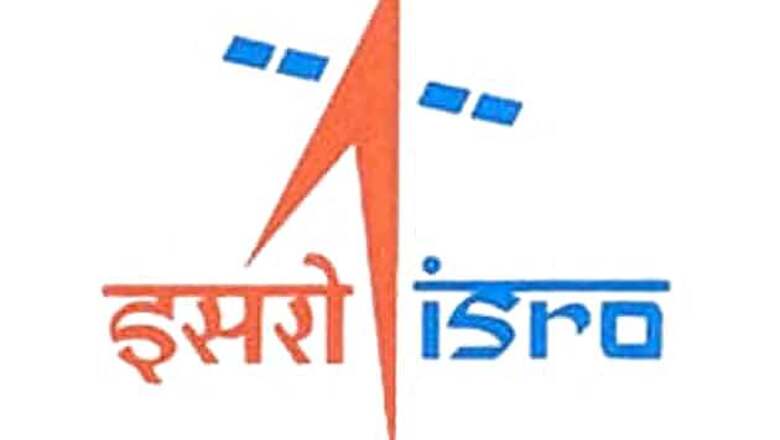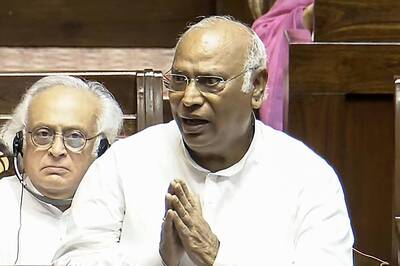
views
Bengaluru: After its successful Mars mission popularly known as Mangalyaan, the Indian Space Research Organisation (ISRO) is taking its next steps to put a man in space. The countdown for India's heaviest rocket yet has begun at ISRO's Sriharikota launch pad, from where the GSLV Mark3 rocket will blast off on Thursday morning.
The launch is also significant as it takes with it a crew-recovery-module that will test if ISRO has mastered the technology to bring back a spacecraft that it sends up to space.
It's an experimental mission that will span less than half an hour. At 9.30 am on Thursday, ISRO's GSLV mark3 rocket - its heaviest rocket to date - will lift off from Sriharikota.
It's ISRO's latest rocket and capable of taking satellites weighing 4-tonnes and more. A successful lift off will define India's role internationally, in launching heavy satellites commercially for other space agencies.
The launch is more important because is it carrying with it the Crew module Atmospheric Re-Entry Experiment (CARE) mission. This is basically a capsule that will be taken above the earth's atmosphere by the rocket, and then sent back to earth.
This will test ISRO's technological success in sending a space capsule up to space and recover it and if the capsule can be brought back to earth, despite the heat conditions of over 1,600 degree Celsius that it will encounter.
It means ISRO would prove its capability to develop a capsule that can withstand harsh conditions. Such a capsule would have to be used to send up astronauts, if ISRO plans for a manned mission to space materialises in about five years from now.
Other critical technologies are also to be developed for ISRO's manned mission plans. These are being developed parallelly at other centres. But recovery of the capsule from out of atmosphere will be the first to be tested.
Thursday's mission/ experiment will take about half an hour. ISRO's officials say the rocket will lift off around 9.30 AM the capsule is expected to be recovered in the Bay of Bengal in 20 minutes by the Coast Guard and a team of ISRO's officials stationed near the Andamans Islands.
It will take a few more hours for the recovered capsule to reach Sriharikota.




















Comments
0 comment